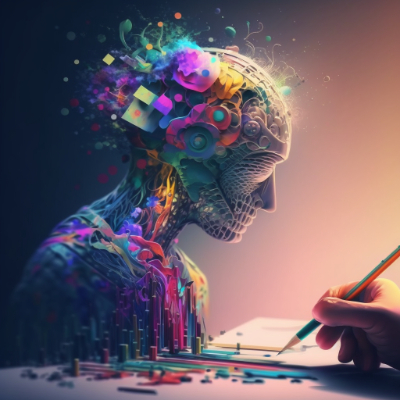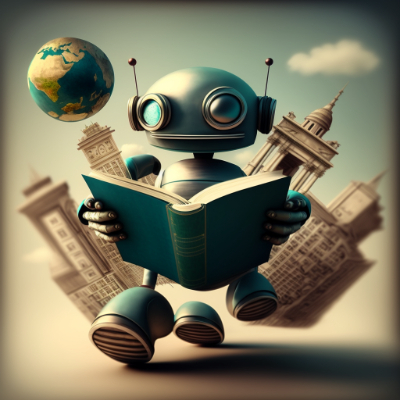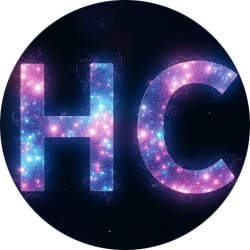Transforming Education With Universal Professional Exams | MCP Episode 12
Jul. 23, 2024.
1 hr. and 7 mins. and 37 sec. listen.
3 Interactions
Mihaela Ulieru and Tim O'Brien discuss how AI and blockchain are transforming student performance assessment. AI-powered exam solutions are the next knowledge validation tools for universities and corporations.


.png)

.png)


.png)






1 Comments
One thought on “Transforming Education With Universal Professional Exams | MCP Episode 12”
First, I really liked Tim's way of communicating and presenting things. It was easy to follow. This was such a comprehensive approach to upgrading the way we might learn to build and utilize knowledge both as individuals and as a collective cognition. There are fascinatingly many practical viewpoints and fascinatingly many stakeholders (students, employers, employees, teachers…) who are to benefit greatly and directly.
One dimension that I would like to hear more about is how the system is going to make judgments of what information is true. Tim referred to the idea of how any learning material is mapped to “professionally written journals or books” of which the exam questions are then formed. I wish to learn about ways of determining these sources. My own view is that it should be, or at least be gradually moving towards, a transparent dynamically evolving process that is based on the outputs of independent contributors instead of picking single sources of truth without any evaluation of the content itself. The established scientific process works much better in some topics than others. I expect that some levels of inclusive accountability is little by little getting into individual scientific experiments. Decentralized science movement has a lot to do for example with incentive engineering to steer knowledge building in a reliable direction.
One set of skills, conspicuous by its absence in most education systems, is critical thinking skills, learning skills and other meta skills as well as knowledge-/self management techniques that might make a world of difference for individuals. Maybe these questions are not among the highest priorities in the very beginning of the project but, as we are talking about education I couldn’t go without mentioning them.
Here is another connection I found while watching the conversation: One could think that the agent’s attributes can be defined by its track record. When one wants to provide a deep demonstration of one’s capabilities, the underlying logic of the process and systems enabling this is something that, I think, goes close to the concept of meritocratic decision-making in general. This may have some implications when talking about governance.
Next, looking from the viewpoint of employers, a thing that came to my mind is that many desirable skills live on several different agents in a distributed manner. In other words, when I need certain capabilities I have to find the right doers to be brought together like a piece puzzle. This is quite a trivial concept. What is less trivial is to have intelligent tools to mine that combination of capabilities quickly with high accuracy and I’m sensing that this service is a solid groundwork in that direction. I’m expecting to hear more about progress in that area in the future.
From a broader perspective, I see this service as a great competition equalizer as smaller companies have access to the same education infrastructure to be offered to their employees than bigger corporations. And correspondingly, employees’ personal development is not that much dependent on the education opportunities provided by their employers so they end up with more career choices for themselves.
As a final point, I dare to say that people learn effectively those things they are inspired by and if teachers just can feed the curiosity of students, many great things will follow. Actually, neurochemistry of learning and motivation is a fascinating topic in itself. I also agree that universities can start focusing on highly specific topics and personalized pedagogy going forward. However, based on my experience, many educational institutes as we know them today want to die rather than rediscover themselves in such a radical way. Regional differences are certainly large tho.
This was one of the best episodes in this podcast series and showed some great contributions coming from the Vietnam community again!
🟨 😴 😡 ❌ 🤮 💩